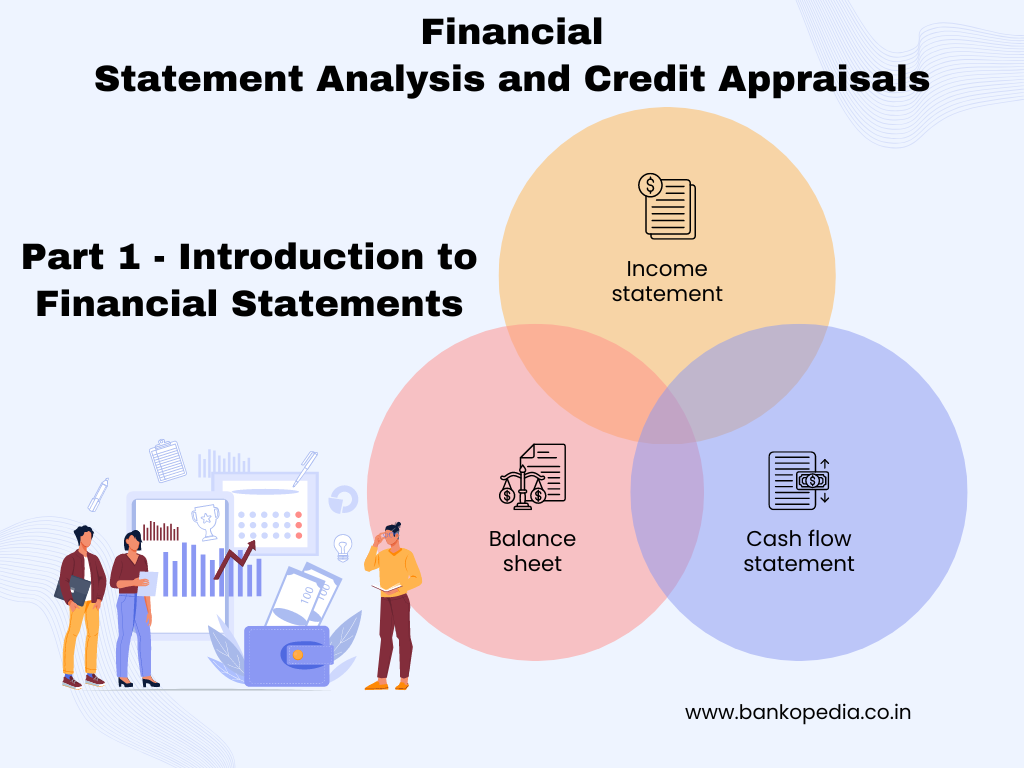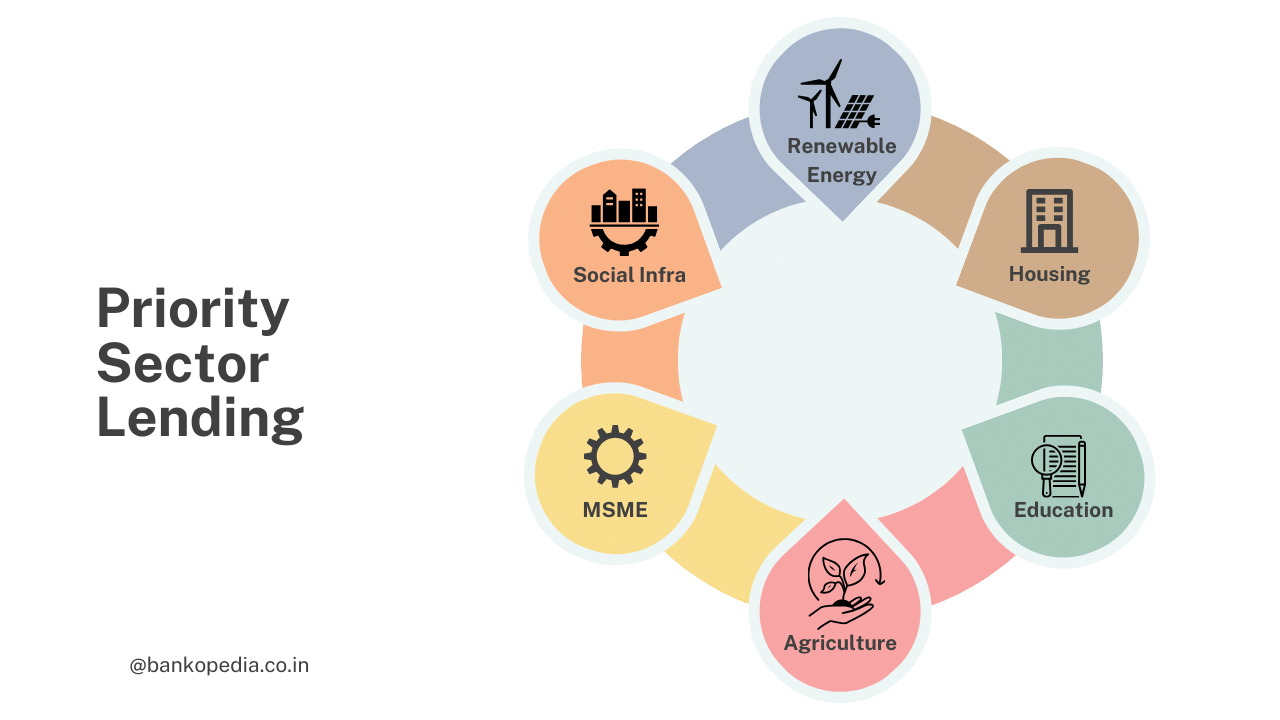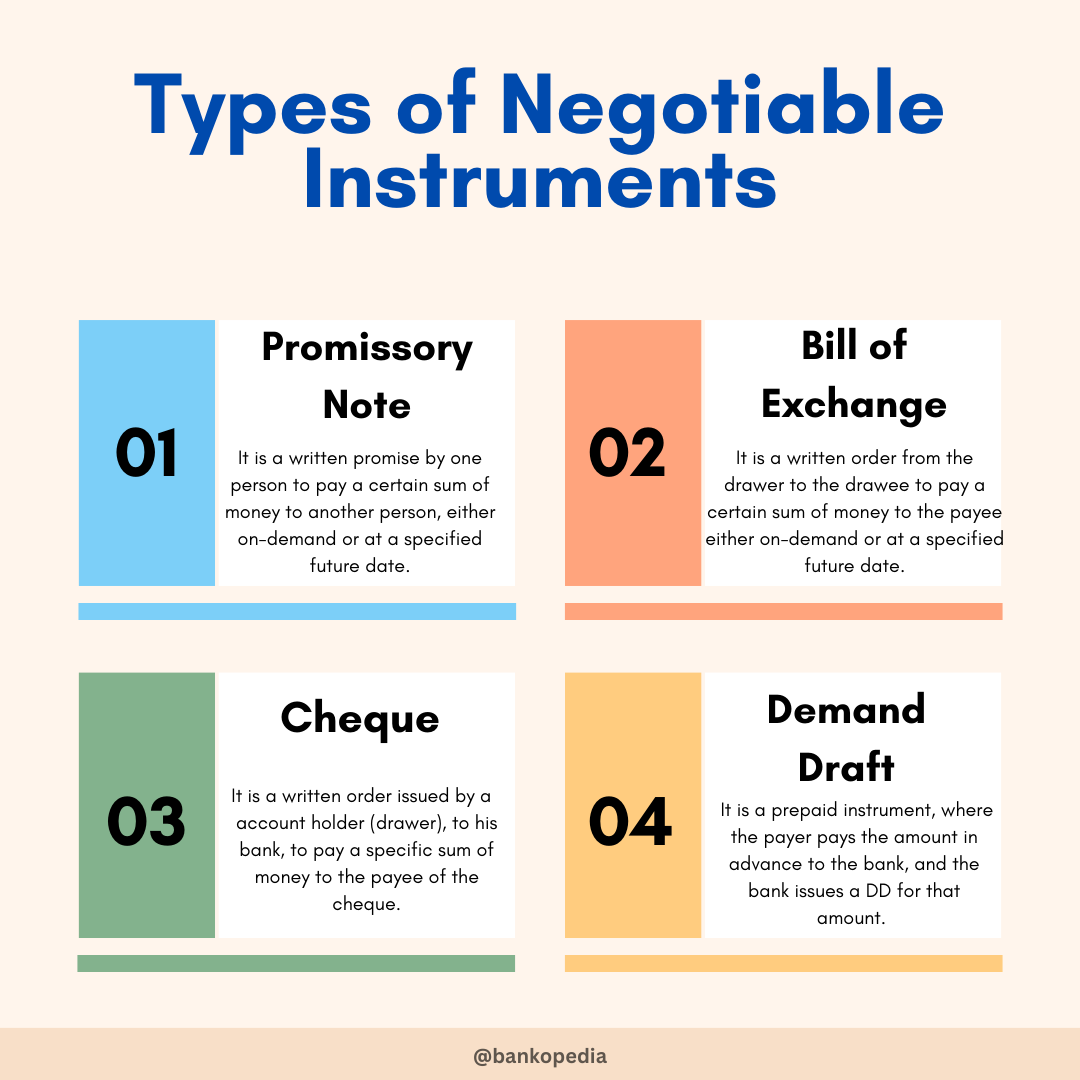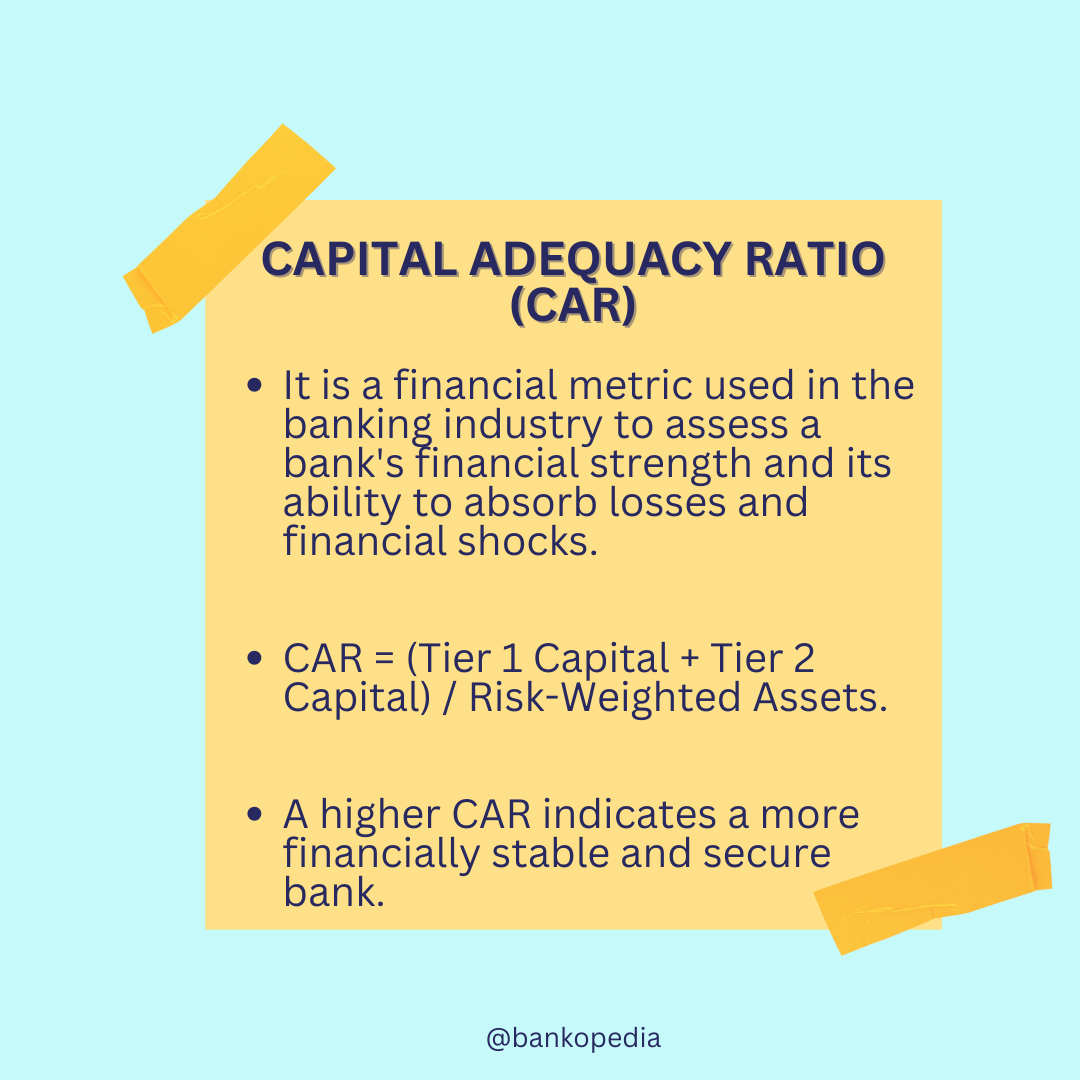Welcome to Daily Banking Digest, your premier source for the latest news and insights on March 24, 2024, focusing on banking, the economy, and finance. Our platform offers a comprehensive overview of the day’s most critical financial stories, market trends, and economic developments. Whether you’re a professional in the financial sector, an investor monitoring market movement, or someone interested in staying informed about the economic landscape, Daily Banking Digest provides reliable, up-to-date information.
Join our Telegram Channel for Daily PDF in your Inbox – Click Here

Table of Contents
Ministry of Mines to Hire Consultant for Evaluation of Australian Lithium Block Acquisition
India’s Mines Ministry is seeking a consultant to facilitate the acquisition of lithium blocks in Australia. The ministry is also exploring opportunities in Africa for critical minerals such as copper, cobalt, and chromite.

Key Points:
Acquisition of Lithium Blocks in Australia:
- India is in talks with an Australian state agency to secure lithium blocks.
- Acquisitions will likely be made through KABIL, a joint venture of NALCO, Hindustan Copper, and MECL.
- A consultant will be appointed to assist with due diligence.
- Australia is a major lithium producer, with 52% of the world’s supply.
Exploration in Africa:
- The ministry is consulting with several African countries, including Namibia, Ghana, Congo, Zambia, Tanzania, and South Africa.
- G2G arrangements may be possible in some countries, such as Tanzania.
- Africa will be targeted for critical minerals such as copper, cobalt, and chromite.
Importance of Lithium:
- Lithium is used in rechargeable batteries for electronic devices and electric vehicles.
- Its lightweight properties make it essential for EV production.
NABARD Subsidiary Provides $45 Million for Water and Sanitation Projects for 75,000 Beneficiaries
NABARD’s subsidiary, NSFL, has provided $45 million in funding for WASH activities through partnerships with 32 institutions. NABARD and NSFL have also launched a nationwide awareness campaign on Climate Ready WASH funding for women borrowers of microfinance institutions.

Key Points:
Funding for WASH Activities: – NSFL has provided $45 million in funding for WASH activities. – Funding is provided through 32 partner institutions. – Loans are concessional and wholesale, with refinance from Nabard. – Technical support is provided by Water.org and FINISH Mondial.
Climate Ready WASH Funding Awareness Campaign: – Campaign launched by NABARD and NSFL. – Targets women JLG borrowers of microfinance institutions. – Covers 40 block-level camps in climate vulnerable areas in seven states. – Implemented through FINISH Mondial.
Importance of Water and Climate Change: – Water is a public good, but climate change is affecting its balance. – Marginalized communities are disproportionately affected by climate risks. – NABARD is committed to supporting the most needy segments through innovative solutions. – Awareness generation is crucial for effective solutions.
Farmers Delaying Sale of Mustard and Chana Crops for Extended Period
A study by Arcus Policy Research reveals that mustard and gram farmers in Rajasthan and Madhya Pradesh are adopting staggered sales, contrary to the common belief of immediate post-harvest dumping. Farmers now base their sales decisions on their own price perceptions and market observations.

Key Points:
Farmers’ Sales Decisions: – Farmers are making sales decisions based on their own price perceptions and market behavior.
Crop Storage: – Farmers store crops for at least three months post-harvest. – Rajasthan farmers store crops for longer durations than Madhya Pradesh farmers.
Marketable Surpluses: – Rajasthan farmers have higher marketable surpluses for gram (95%) compared to Madhya Pradesh (88%). – Madhya Pradesh farmers have higher marketable surpluses for mustard (98%) compared to Rajasthan (93%).
Storage Facilities: – Over 95% of farmers store crops in self-owned storages. – Private storages and government godowns are primarily used by large farmers.
Government Policies: – 25% of Madhya Pradesh farmers believe government policies impact their incomes. – 91% of Rajasthan farmers blame government policies for declining gram prices.
Policy Recommendations: – Reduce adhocness in government policy actions. – Implement rule-based, evidence-backed policy making to support the value chain and provide predictability.
Government Announces Bonus Rates for Postal Life Insurance and Rural Postal Life Insurance for Fiscal Year 2025
The Government of India has approved the bonus rates for the Postal Life Insurance Scheme (PLIS) and Rural Postal Life Insurance Scheme (RPLIS) for the fiscal year 2024-25. The bonus rates remain unchanged from the previous year.
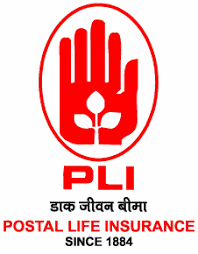
Key Points:
Bonus Rates for PLIS:
- Whole Life Assurance (WLA): ₹76 per thousand of sum assured
- Endowment Assurance (EA): ₹52 per thousand of sum assured
- Anticipated Endowment Assurance (AEA): ₹48 per thousand of sum assured
- Convertible Whole Life Assurance (CWLA): WLA bonus rate applicable before conversion, EA bonus rate applicable after conversion
- Terminal Bonus: ₹20 per sum assured of ₹10,000, maximum ₹1,000 for WLA and EA policies with term of 20 years or more
Bonus Rates for RPLIS:
- WLA: ₹60 per thousand of sum assured
- EA: ₹48 per thousand of sum assured
- AEA: ₹45 per thousand of sum assured
- CWLA: WLA bonus rate applicable before conversion, EA bonus rate applicable after conversion
- Terminal Bonus: ₹20 per sum assured of ₹10,000, maximum ₹1,000 for WLA and EA policies with term of 20 years or more
Other Information:
- The bonus rates will be applicable from April 1, 2024.
- Interim bonus will be payable at the same rates for claims arising due to maturity or death until future valuation is completed.
- As of FY22, PLIS had over 47.5 lakh policy holders and RPLIS had over 57.81 lakh subscribers.
- PLIS was introduced in 1884 and RPLIS was introduced in 1995.
Max Planck Institute Discovers Cosmic Building Blocks of the Milky Way: Shakti and Shiva
Astronomers have discovered two ancient stellar groups, named ‘Shakti’ and ‘Shiva’, which are believed to be the earliest building blocks of the Milky Way galaxy. These groups, dating back 12-13 billion years, provide insights into the galaxy’s formation process, suggesting that it grew through the merger of smaller galaxies.

Key Points:
Shakti and Shiva: The Early Ancestors of the Milky Way – Identified through analysis of stellar datasets. – Stars in these groups have specific energy and angular momentum signatures. – Named after Hindu deities, representing the principal deity and a female cosmic force.
Implications of the Discovery – ‘Shakti’ and ‘Shiva’ may be the first additions to the Milky Way’s heart. – Discovery sheds light on the galaxy’s formation process, highlighting the role of merging galaxies. – Stars in these groups have higher angular momentum and lower metal content, indicating their ancient origin.
Data and Analysis – Researchers used data from the Gaia satellite and the Sloan Digital Sky Survey. – Gaia’s dataset provides information on the positions and distances of billions of stars. – Analysis revealed the presence of ‘Shakti’ and ‘Shiva’ as distinct stellar groups.
India Suspends Onion Exports Indefinitely Amidst Election Preparations
India has indefinitely extended its ban on onion exports, surprising traders and exacerbating high prices in overseas markets. The ban, initially imposed in December, was expected to be lifted due to falling local prices and increased crop yields. However, the government’s decision to extend the ban has raised concerns about its impact on upcoming elections and the availability of onions in importing countries.
Key Points:
Indefinite Extension of Onion Export Ban: – India has extended its ban on onion exports indefinitely, surprising traders and industry experts. – The ban was initially imposed in December and was due to expire on March 31.
Falling Local Prices and Increased Crop Yields: – Local onion prices in India have fallen significantly since the export ban was implemented. – This season’s crop is yielding fresh supplies, leading to expectations that the ban would be lifted.
Impact on Overseas Markets: – Countries like Bangladesh, Malaysia, Nepal, and the UAE rely on Indian onion imports. – The ban has led to high prices in these markets, as rival exporters are quoting higher prices due to limited supply.
India’s Dominance in Onion Exports: – India is the world’s largest exporter of onions. – It accounts for more than half of all onion imports by Asian countries. – India’s shorter shipment times compared to rivals like China and Egypt give it an advantage in these markets.
Political Implications: – The extension of the onion export ban comes ahead of India’s general election. – Some analysts believe the decision may be politically motivated to appease voters in onion-producing regions.
Rooftop Solar Integration into Gati Shakti Infrastructure Development
The PM Surya Ghar Muft Bijli Yojana, a solarization initiative for 10 million households, is being considered for inclusion under the Gati Shakti program. This integration aims to enhance infrastructure planning and capacity addition for rooftop solar systems.
Key Points:
1. Gati Shakti Integration: – The PM Surya Ghar Muft Bijli Yojana is likely to be linked to the Gati Shakti program. – This integration will provide a unified platform for infrastructure projects, including rooftop solar systems.
2. Infrastructure Planning: – The alignment with Gati Shakti will enable stakeholders, such as power distribution companies (discoms), to plan infrastructure and capacity addition more effectively. – Discoms can identify areas with high rooftop solar installations and determine the necessary transformer capacity.
3. Data Availability: – The integration will make available a map of the entire solar rooftop program, including the location of installed systems. – This data will facilitate better planning and coordination among stakeholders.
4. Enhanced Coordination: – The Gati Shakti program incorporates infrastructure schemes from various ministries and state governments. – The inclusion of the solarization initiative will foster collaboration and streamline project implementation.
India’s Seafood Industry Boasts a Comprehensive Regulatory Framework
India has a robust regulatory framework for its seafood industry, ensuring food safety and ethical labor practices. The country has established world-class fish processing facilities that undergo regular inspections and monitoring by government agencies. India strongly refutes allegations of food safety and labor violations in its shrimp industry.
Key Points:
Regulatory Framework:
- 548 seafood units registered with MPEDA and FSSAI
- 46 independent pre-processing units registered with MPEDA
- Shrimp hatcheries and aquaculture farms registered with CAA and State Fisheries Departments
Food Safety:
- HACCP-based food safety management system in pre-processing and processing units
- Ban on pharmacologically active substances in aquaculture since 2002
- National Residue Control Plan, ELISA screening labs, and pre-export checks to ensure food safety
- Inter-departmental task forces monitor hatcheries, farms, and input shops to prevent unauthorized inputs
Labor Welfare:
- All entities licensed by local governing bodies and required to follow labor welfare laws
- Extensive training on sanitary practices, food safety hazards, and good management practices for workers
- Periodic medical services provided to workers
- State Labour Department monitors aquaculture and fish processing sectors to protect workers’ interests
World-Class Facilities:
- India has established world-class fish processing facilities
- Regular inspections and monitoring by government agencies
Export Performance:
- Record seafood exports in 2022-23: 17,35,286 tonnes worth Rs 63,969.14 crore (USD 8.09 billion)
- Frozen shrimp remains the major export item
- US and China are the major importers of Indian seafood
RBI to Conduct Special Audit of IIFL Finance and JMFPL for Regulatory Violations
The Reserve Bank of India (RBI) will conduct a special audit of IIFL Finance Ltd and JM Financial Products Ltd (JMFPL) from April 12, 2024, to investigate regulatory breaches. IIFL Finance is prohibited from extending gold loans, while JMFPL is banned from financing shares or debentures. The audit aims to review the entities’ compliance and rectify deficiencies.
Key Points:
- Special Audit: RBI to conduct a special audit of IIFL Finance and JMFPL from April 12, 2024.
- Regulatory Breaches: Audit to investigate regulatory breaches identified by RBI.
- IIFL Finance Restrictions: Barred from extending gold loans due to supervisory concerns.
- JMFPL Restrictions: Prohibited from financing shares or debentures, including IPO and NCD subscriptions.
- Gold Loan Impact: Gold loans accounted for 32% of IIFL Finance Group’s AUM and 79% of its standalone AUM.
- JM Financial Products’ Net Assets: Worth Rs 1,942.86 crore, representing 17.32% of the group’s consolidated net assets.
- Audit Firms: Sebi-empanelled audit firms eligible to participate in the tendering process.
Sanctions Finally Cripple Russia’s Oil Export Juggernaut
The US and its allies are tightening sanctions on Russian oil exports to hinder the Kremlin’s war efforts in Ukraine. Indian refiners, Moscow’s second-largest customers, have stopped accepting tankers owned by state-run Sovcomflot due to sanctions risks. The US has designated 40 Russian oil tankers, leading to a buildup of Russian diesel on the oceans. Despite these measures, Russia still has a “shadow fleet” and Greek tankers operating under the G-7 price cap. The delivery costs for Russian oil have increased significantly due to sanctions, and the sale of refined fuels has also been impacted.
Key Points:
Sanctions on Russian Oil Exports:
- US has ratcheted up sanctions on Russian oil tankers since October.
- Indian refiners have stopped accepting tankers owned by Sovcomflot.
- 40 Russian oil tankers have been designated by the US Treasury.
Impact on Russian Oil Revenues:
- Sanctions have the potential to gradually constrict Russian petroleum revenues.
- US and allies aim to thwart military aggression by President Vladimir Putin.
G-7’s Approach to Sanctions:
- G-7 has refused to cause pain to its own economies through higher oil prices.
- Price cap policy was implemented to soften sanctions.
Tightening of Sanctions:
- US has designated 40 individual Russian oil tankers.
- No sanctioned ship has collected a cargo since being named by the US Treasury.
Symbolic Blow to Kremlin:
- India, a stalwart commercial ally, has shunned Sovcomflot’s fleet.
- Ukraine has started blowing up Russian oil refineries.
Increased US Sanctions Pressure:
- US is stepping up sanctions pressure on both Russian crude and exports.
- Comes at a time when Ukraine’s fortunes on the battlefield are declining.
Sovcomflot’s Struggles:
- Sovcomflot transported about a fifth of Russia’s crude deliveries to India last year.
- At least seven Sovcomflot vessels have come to a halt in the Black Sea.
- Sovcomflot has admitted that sanctions have hurt its operations.
Shadow Fleet and Greek Tankers:
- Russia has a “shadow fleet” of vessels to make deliveries.
- Greek tankers continue to serve the trade under the G-7 price cap.
Increased Delivery Costs:
- Delivery costs for Russian oil have increased significantly due to sanctions.
- Over half of the delivery cost is attributable to sanctions.
Buildup of Russian Diesel:
- An average of 6.2 million barrels of Russian diesel was floating in the 10 days to March 17.
- Highest level since at least 2017.
- Sanctions may not have caused the buildup, but it’s striking given drone strikes on Russian oil refineries.
US Caution in Using Sanctions:
- US has powerful tools to hurt Russian oil exports.
- Has used them cautiously, fearing a spike in gas prices in an election year.
Coal’s Demise: The End of an Era for the Dirtiest Fossil Fuel
Despite efforts to phase out coal, the fossil fuel is experiencing a resurgence due to energy insecurity in China, rising demand in India, the war in Ukraine, and challenges in transitioning developing economies to renewable energy. Coal output reached a record high in 2022, and producers anticipate continued demand for decades to balance renewable energy.
Key Points:
Resilience of Coal: – Coal output hit a record in 2022, and producers expect demand to continue for decades. – China and India account for over 70% of global coal consumption. – New coal power plants are being built in Asia, particularly in India.
Factors Driving Coal Demand: – Energy insecurity in China has led to increased reliance on coal. – Rising demand in India due to economic growth and energy needs. – War in Ukraine has disrupted energy supplies and increased demand for coal. – Challenges in transitioning developing economies to renewable energy.
Price Stability: – Thermal coal prices remain elevated, despite falling from 2022 highs. – Benchmark Newcastle coal futures are trading at around $130 a tonne.
Impact on Climate Goals: – Coal’s resurgence poses challenges to efforts to curb carbon emissions and reach climate goals. – Coal-fired power plants continue to be a major source of greenhouse gases.
Transition Challenges: – Transitioning away from coal is proving difficult in economies with newer plants, rising energy demand, and job creation needs. – Coal phaseouts have been more challenging than anticipated. – Advances in renewable energy and energy storage are expected to eventually make coal less competitive.
India Grants UAE’s Adnoc Access to Strategic Oil Reserves for Export
The Indian government has granted Abu Dhabi National Oil Company (Adnoc) permission to export crude oil stored in its underground strategic storage facility in Mangalore. This exemption allows Adnoc to gain operational flexibility and export oil that it cannot sell to Indian refiners.
Key Points:
- Export Restriction: Crude oil exports are typically restricted to the state-owned Indian Oil Corporation (IOC).
- Adnoc Exemption: Adnoc is exempted from this restriction and can now export crude oil from its commercial stockpile in Mangalore.
- Strategic Storage: India maintains strategic oil reserves at three locations, including Mangalore, to ensure supply security.
- Adnoc’s Storage Lease: Adnoc leases half of the Mangalore storage capacity from the Indian Strategic Petroleum Reserve Ltd (ISPRL).
- Export Permission: Adnoc sought permission to export oil from Mangalore when it could not find buyers in India.
- Operational Flexibility: The exemption provides Adnoc with operational flexibility and allows it to optimize its oil sales.

